Latest News
Compton Fights Inequality With Universal Basic Income
Eight hundred low income households are receiving monthly payments through the Compton Pledge guaranteed income program.

The city of Compton has been a lot of things — the site of fiery social conflicts with police in 1965 and 1992, the birthplace of West Coast gangster rap and a hot spot for blight and foreclosures.
But in 2021, it can be something else entirely: a role model for cities trying to provide struggling residents a lift out of desperation. Specifically, Compton can become known for its universal basic income program, which is among the largest such city-based efforts in the country. UBI programs offer an unconditional and often periodic cash payment.
Join our email list to get the stories that mainstream news is overlooking.
Sign up for Capital & Main’s newsletter.
Unlike with traditional American public safety nets, there is no means testing, no work requirements. UBI recipients don’t have to disclose the backgrounds of people they live with. Funds are given as money rather than paid in kind as vouchers for food, transportation or housing.
With its 94,000 residents, the city has a deep well of seasoned community organizers who have long fought for improved education, fewer liquor stores and more quality jobs. More than one in every five residents lives below the poverty line.
Most recently, the pandemic froze or eliminated the jobs of many residents, driving unemployment up to 20%. Others face chronically low wages. According to the 2020 census, the median annual household income for Compton is $52,883, which is less than the national median annual income of $67,521. As for those looking for housing assistance, resources are tapped out and waiting lists are closed.
It is precisely the sort of place, advocates suggest, where unconditional short- or mid-term financial support might be transformative.
What UBI Meant for One Mother
Christine was raised in a two-parent household in the San Fernando Valley. It all came crashing down in 1995. She was 19 and living with her boyfriend’s family. Her boyfriend stopped at Del Taco on the way home from work. He was eager to get home and had a ring waiting in a drawer to give her, planning to propose to her in Big Bear. But he was killed in a drive-by shooting.
Grieving, Christine got an apartment in Burbank and began working as a waitress. She took to partying. In this new life, she and another waitress did drugs together, which kept them awake for a second shift and kept them thin. Then Christine hooked up with a guy who cooked meth. She got pregnant and had a son.
She was five years clean and sober when she met a heroin addict. They began dating, and she got back into meth. Her rent was $2,300, and her boyfriend was trafficking her; she was giving him $1,000 a week. Things were bad — so bad she prayed for something to change, even if it meant being homeless. She brought her son to the house of a friend, a woman who didn’t use. Christine made it seem as if she were just dropping him off for an afternoon when in fact she never had any intention of picking him up. By this time, she was homeless, staying in motels, getting robbed, and she couldn’t expose her son to all that. Then, three years later, in December 2016, she gave birth to her daughter, Alex.
“I was homeless and under the influence and when I had her, they took her from me. She was in the NICU and only weighed 3½ pounds. I went to the caseworker and said, ‘I need help with this drug problem.’” They sent her to children’s court, and she did an intake with a caseworker for a program called Shields. The program was housed in a large complex reserved for families located in Compton.
“We had nothing — we had no money at all. My last unemployment check was on the 23rd of December and it was the 22nd of January.”
~ Christine, Compton Pledge participant
She entered Shields on Dec. 8, 2016. She took classes, she did Bible study, and she fell in love with Jesus. When her baby was 9 months old, Christine was able to have supervised visitation with her twice a week. Then weekends and overnight stays — until eventually she was awarded full custody of her daughter. By this time her son was living full time with her sister, and he wasn’t interested in being reunited. She still prays for that to change but knows it will take time. In March of 2018, Shields shut down its inpatient program and Christine and her daughter were placed in a temporary shelter until they could get into an apartment.
While she was at the shelter, Christine trained to become a Metro bus driver in Compton. She developed a relationship with the homeless community. When Christine wasn’t at work, she’d drive around and offer support to those in need, plus sandwiches, blankets and toiletries.
Last Christmas, Christine and Alex both got sick with COVID. Christine had to take off work to care for her daughter and had to go on unemployment. That’s when she learned about the Compton Pledge. “I got some sort of email that said I won money,” she said.
Christine called her pastor and he confirmed the email was legitimate. She got her first payment on Jan. 22. “We had nothing — we had no money at all. My last unemployment check was on the 23rd of December and it was the 22nd of January.”
Since then Christine has started a nonprofit with her church called Compton Homeless Outreach. “I love it. I pull up and say, ‘I’m here to take you to get your ID.’”
Christine explained, “Sometimes the outreach people give them referrals but the services aren’t there or [are] too hard to access.” Christine does a runthrough with all the referrals first to make sure they’re legit. “Most of them don’t even know what time it is — so it’s hard for me to expect them to meet me at a certain time or place.”
The amount received by Compton Pledge participants varies based on family size, but the minimum is several hundred dollars per month.
Week after week Christine is offering sandwiches and toiletries and emergency support to anyone who will take it. She is currently raising money to get a van and mobile shower. She’d like one day to have a thrift store, where she can offer free donated clothes. Christine gets $1,800 every three months from the Compton Pledge, and she’ll receive it for a total of two years. “That money didn’t just save me but it helped all the other people I see in Compton every day. Soap. Something to eat. Band-Aids. Whatever they need.”
Eight hundred families are currently enrolled in the Compton Pledge. The amount received by participants varies based on family size, but the minimum is several hundred dollars per month, with larger amounts going to parents with more than one child. The program offers easy modern payment options: direct deposits, Venmo, PayPal or a prepaid card.
Funding for the Compton Pledge is managed and administered by the Fund for Guaranteed Income, a charity supported by donors and family foundations. It does not receive any funding from the city of Compton.
All low income residents of Compton are eligible for UBI consideration from the Compton Pledge. A family is considered low income if they earn less than twice the federal poverty threshold.
Support can go to undocumented residents and people who have served time behind bars and would otherwise be ineligible for traditional welfare programs. The participants are randomly selected. According to Sidhya Balakrishnan, director of the Compton Pledge’s research study, the selection was essentially a lottery process, the equivalent of pulling names out of a hat.
Receiving support from the Compton Pledge is not supposed to affect any other existing benefits, nor should its payments be taxable or considered a public charge issue, which can affect some immigrants’ ability to become U.S. citizens.
The Compton Pledge has secured government waivers, where possible, to ensure that participants have continued access to existing benefits, according to Co-Director Nika Soon-Shiong. “In instances when the government waiver does not apply,” she says, “the Pledge has also set up what’s called a hold harmless fund to support those who may potentially face financial losses from participating.”
The hold harmless fund is a response to the existing welfare model, called Temporary Assistance for Needy Families, which is often criticized for increasing the earnings of recipients in ways that can undermine their eligibility for other crucial benefits, like supplemental child care, leaving some recipients dangling on what’s referred to as “the welfare cliff” or “benefits cliff.”
Three Compton Pledge participants have started their own nonprofits, including a homeless outreach service, and others are offering prison-to-society reentry services.
The program’s dashboard tracks allocations: As of November, the Compton Pledge has disbursed a total of $3.4 million to 800 households. The monthly average is $450 per month.
Soon-Shiong said in an interview that the extra cash has reduced income volatility for recipients, allowing them to set goals and take constructive risks. Three participants have started their own nonprofits, and others are offering prison-to-society reentry services. People want to serve the community and give back, Soon-Shiong said, adding, “Several participants have asked, ‘Can I volunteer?’”
Many recipients spend their funds to respond to immediate concerns such as food, rent, bills and car repairs. For at least one participant, the money was spent on life-saving heart medications. And as with Christine, many of the participants have found a way to pay it forward.
UBI Is Older Than the USA
There is nothing new about universal basic income, which was discussed in the United States back when George Washington was president. Founding Father Thomas Paine, struck by societal inequities, argued “every person, rich or poor,” should receive payments “to prevent invidious distinctions.” Paine proposed a solution in his 1797 Agrarian Justice pamphlet, suggesting £15 be paid to every “citizen” when they turned 21, followed by another £10 per year after they turned 50.
By the 20th century, the language used to describe such proposals had evolved a great deal. In 1953, Oxford political economist G.D.H. Cole used the phrase “basic income.” The stream switched course again in the 1980s when the Reagan Revolution greatly diminished government “giving” to poor Americans. Recent years, though, have brought a rising tide of UBI proposals.
Today, many cities and counties are working to remedy the ongoing economic effects of the pandemic, as well as longer-term inequities, through pilot guaranteed income programs. In California alone, at least 10 cities have implemented a guaranteed income for some residents. A pilot program in Long Beach will soon provide $500 a month to 500 single-parent families earning less than $20,000 a year.
In October, Los Angeles Mayor Eric Garcetti launched a $24 million UBI program that aims to provide $1,000 per month to 32,000 L.A. families for a year. And in July, California legislators approved the first state-funded guaranteed income program, dedicating $35 million to pregnant people and other youth who have recently aged out of the foster care system.
A Life-Saver?
De’Shawn Sho Tyme Watkins was raised by his grandmother, Charlotte Watkins, in Compton. His father was murdered when De’Shawn was just 2. “He was out in the streets in the ’80s — pushing weight and met his fate,” he says. His mother was also active in gangs and addicted to drugs.
Given his parents’ involvement in gangs, Charlotte wanted to send him to a different school — Long Beach Jordan. He says he was a big nerd at the time — heavily into wrestling. “Wrestling is the reason I’m alive.” He showed up to school, a Black guy at a Black school “wearing all black talking like [pro wrestler] Stone Cold Steve Austin,” hollering out things like “And that’s the bottom line, cuz Stone Cold said so.”
Watkins fell into a crowd of other nerdy kids — the theater crowd. They started a crew called Lights Camera Action. Watkins loved basketball at the time, particularly the Lakers’ “Showtime” style of run-and-gun basketball.. De’Shawn knew then that Sho Tyme would be his nickname.
Founding Father Thomas Paine proposed in his 1797 Agrarian Justice pamphlet that £15 be paid to every “citizen” when they turned 21, followed by another £10 per year after they turned 50.
During the pandemic, Watkins experienced a number of changes. He had just ended a relationship; he had to move back to his grandmother’s house; he was delivering packages for Amazon, working 14 hour shifts. One day it was raining like crazy and he got out of the truck to deliver a package on Manchester Boulevard, and when he turned around the truck was gone. “Are you kidding me? Some things make you cry so hard they make you laugh. I called my dispatcher and said, ‘You ain’t gonna believe this sh—.’”
De’Shawn lost his job and fell into a depression. He was doing anything he could to get by, selling plasma and picking up cans. He had, and still has, a part time job with Parks and Recreation in Downey: “I’m what you call a trash picker-upper,” he says. He’s always hustled.
Then he had a breakthrough of sorts. “As a kid I wanted to kill myself,” De’Shawn says. “The older me had to face my younger self.” He listened to his inner voice and swears he heard his younger self demanding, “Wrestle it!”
He decided to host a wrestling match in his backyard. He got some tables and chairs, his friend Cameron agreed to be his deejay, he got a small settlement from an accident caused by an Uber driver, and he started Compton Mania — becoming a wrestling promoter in the process. It was at this time that he saw Mayor Aja Brown talk about the Compton Pledge, and he rushed home to apply.
They interviewed him, and soon after he was selected to receive $450 a month. “I started to love myself. I need to add here that I had a business account — with only $4.” Right before the event, he looked up on a website to see how much a championship belt would cost — it was more than he had, but he pushed the button anyway — and it went through! The money from the Compton Pledge had arrived. He had that show in his grandmother’s backyard and made $300 that day. “I cried to get there. My mom, a gangbanger battling substance abuse, me a kid on the spectrum dealing with anger. I’ve seen some of the craziest things. I think about that little boy who loved WWE [World Wrestling Entertainment], and I think what if WWE were right down the street?”
Watkins went on to talk about how his city gets judged unfairly, that there’s so much beauty that is overlooked in Compton. It’s like the lines in Eugene Durrah’s poem, after which the Compton Pledge was named…
Too many of our people would rather spend their hard earned money elsewhere
But what I’m telling you today is…
I devote my life to this.
I pledge progress
I pledge education
I pledge inspiration
I pledge motivation
I pledge for my pledge to become contagious to other cities communities in the world
Compton I pledge
Compton I pledge
Compton I pledge
I pledge Compton
Copyright 2021 Capital & Main

-
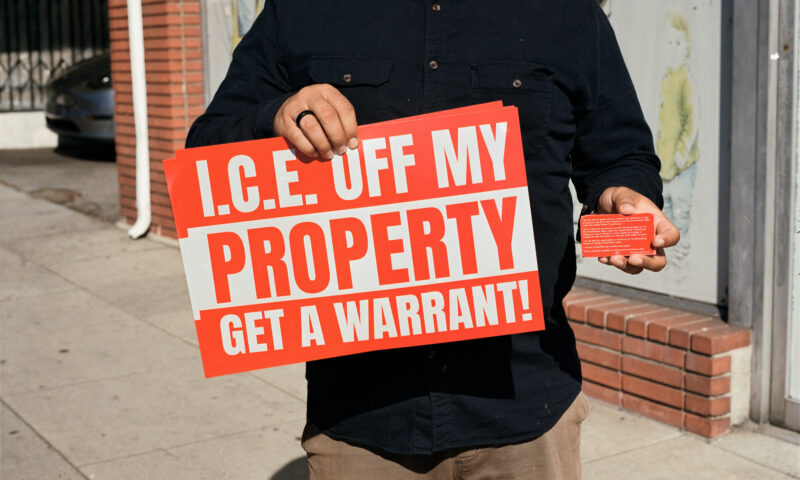
 Latest NewsNovember 19, 2025
Latest NewsNovember 19, 2025How Employers and Labor Groups Are Trying to Protect Workers From ICE
-
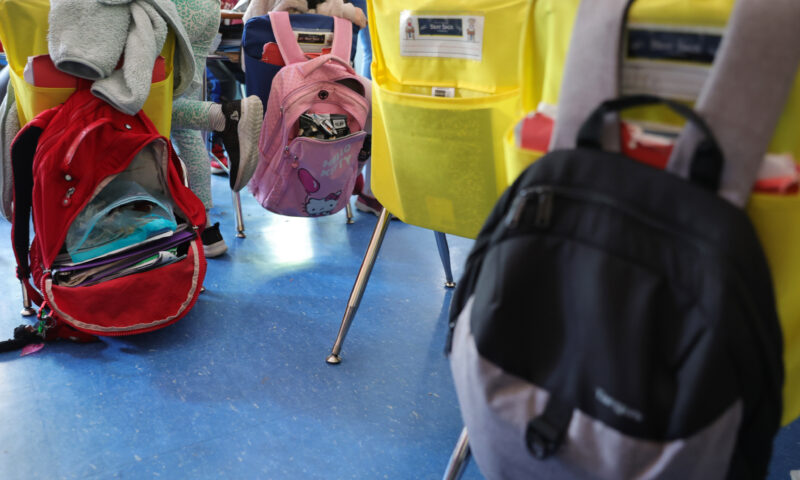
 Latest NewsNovember 18, 2025
Latest NewsNovember 18, 2025Future of Special Education at Risk, Teachers Say, as Trump Moves to Cut Staff and Programs
-
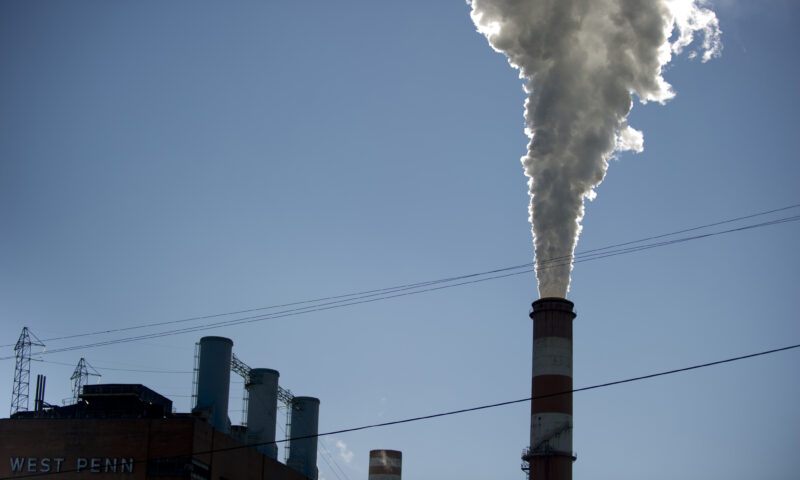
 The SlickNovember 18, 2025
The SlickNovember 18, 2025After Years of Sparring, Gov. Shapiro Abandons Pennsylvania’s Landmark Climate Initiative
-
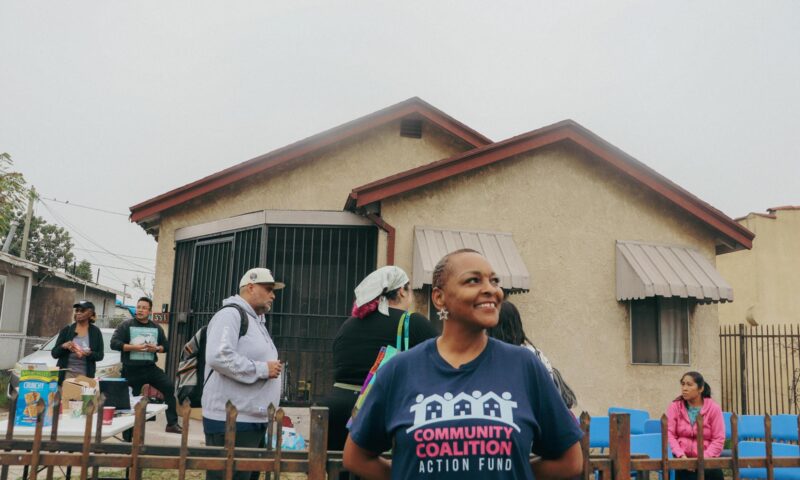
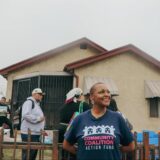 Latest NewsNovember 17, 2025
Latest NewsNovember 17, 2025In South L.A., Black and Latino Neighbors Unite Against ICE as Systems Fail
-
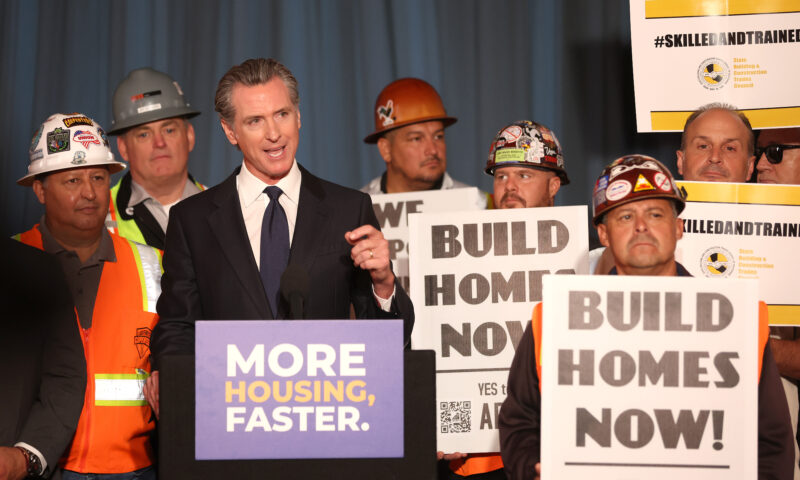
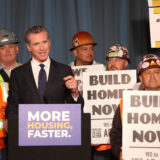 Column - State of InequalityNovember 21, 2025
Column - State of InequalityNovember 21, 2025Seven Years Into Gov. Newsom’s Tenure, California’s Housing Crisis Remains Unsolved
-
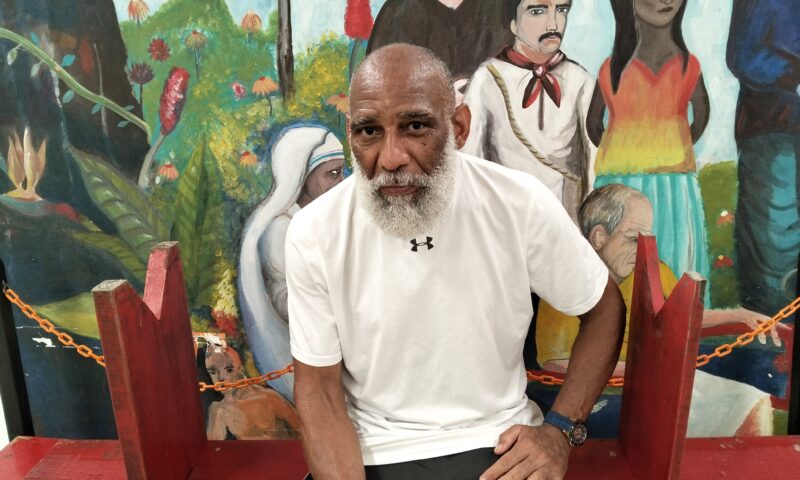
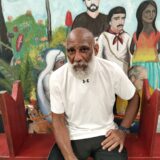 StrandedNovember 25, 2025
StrandedNovember 25, 2025‘I’m Lost in This Country’: Non-Mexicans Living Undocumented After Deportation to Mexico
-

 Column - State of InequalityNovember 28, 2025
Column - State of InequalityNovember 28, 2025Santa Fe’s Plan for a Real Minimum Wage Offers Lessons for Costly California
-
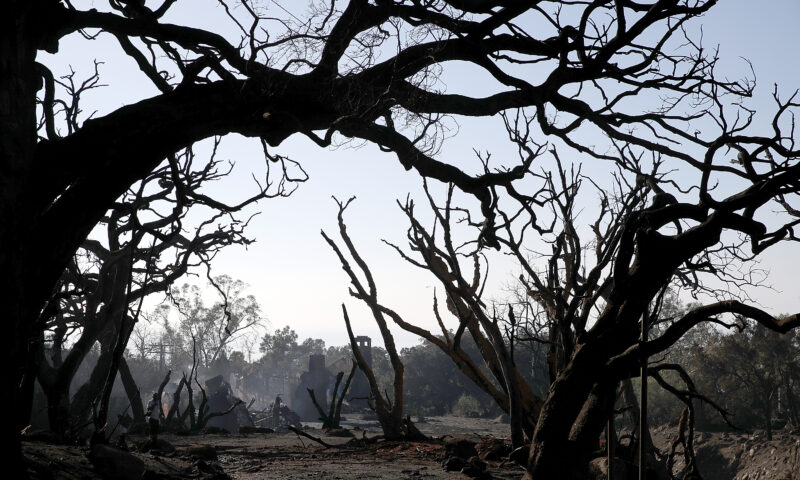
 The SlickNovember 24, 2025
The SlickNovember 24, 2025California Endures Whipsaw Climate Extremes as Federal Support Withers

